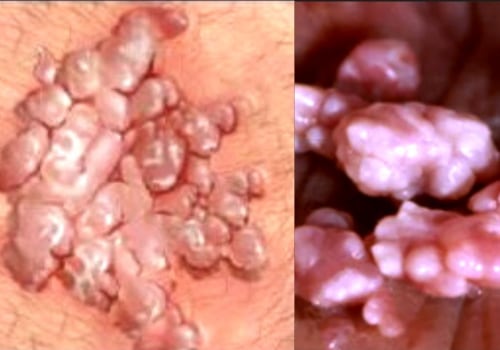Sometimes, the body's immune system can take care of genital warts within a few months. But even if the warts go away, the human papillomavirus (HPV) may still be present in the body, which means that the warts can reappear. Generally, HPV and warts will disappear from the body after two years. It is possible for warts to come back after they have been removed.
This can happen weeks, months, or even years after they first appeared. If genital warts return after treatment, it is important to speak to a doctor or nurse about treatment options for getting rid of them again. Treatment can help to remove genital warts and reduce the chances of future outbreaks, although it may take several months to be effective. The best way to avoid spreading genital warts to your partner is to use a condom every time you have vaginal, anal, or oral sex. There are various treatments available for genital warts, depending on their location and size.
People with an outbreak of warts can reduce the risk of HPV being transmitted to others by abstaining from sex until the warts have been absent for two weeks. The HPV vaccine offered to girls and boys in the United Kingdom also helps protect against genital warts. Doctors may prescribe a cream containing green tea extract to treat external genital and anal warts. In addition to getting rid of genital warts more quickly, treatment can also help with any associated pain, itching, and irritation. Genital warts can sometimes go away on their own, but they may also stay the same size, enlarge, or multiply. Genital warts are a common sexually transmitted infection (STI) caused by HPV.
You can get warts even if you use condoms or don't have penetrative sex, since a condom doesn't cover all of your genital skin. If you think you may have genital warts, it is important to make an appointment with your GP or contact local sexual health services.










